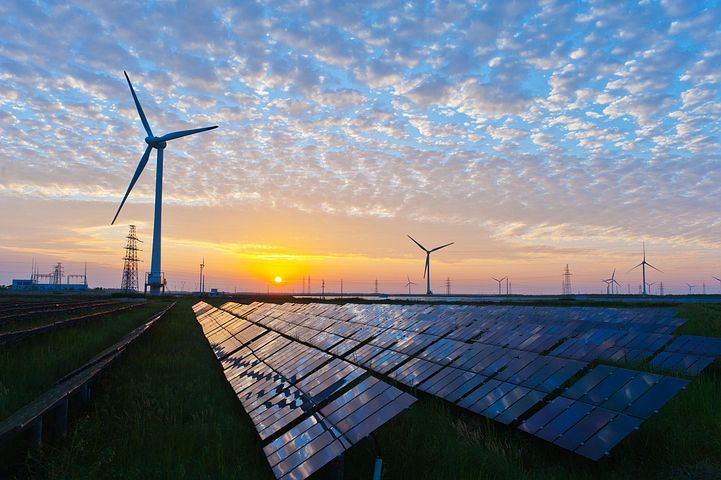
Definition of term
According to the definition of natural resources adopted by the World Trade Organization (WTO) in its annual report 2010, for example, air cannot be considered a natural resource despite its immense usage value because the requirement of scarcity does not apply to it, and therefore has no value in markets because of its abundance and human need not buy it from others.
The water of the seas and oceans is not the subject of trade between people and can be obtained free of charge in view of their abundance, except for the cost of transporting them if they have to do so, but they do not in themselves have market value.
Not all primary products are natural resources. Agricultural products other than minerals and forest trees, for example. In nature, there are not enough ores to extract from the subsoil or face of the earth, but rather to create them by ploughing the land and pledging to water, scattering seeds and using fertilizers and pesticides, as well as other human endeavours, which require the investment of knowledge and effort.
Energy materials are included within natural resources (such as coal, oil, natural gas, uranium) and metals (such as iron, copper, silver, gold, aluminum, lead, nickel... etc.), forests, fisheries, fauna and arable land.
In addition to those resources, mankind's discovery of new resources in nature finds and uses them to satisfy its needs through the development of human knowledge and technological potential.
Globalization of natural resources
The emergence of a global market for trade in natural resources is a relatively recent phenomenon in human history, and the long-haul transport of primary goods has been extremely expensive and risk-free.
The boom in the world's natural resources trade has been linked to mankind's maritime transport revolution since the end of the nineteenth century, with large vessels manufactured and harbours equipped to empty ships of bulk cargo, and oil adopted an energy source to speed up the movement of ships instead of coal.
These shifts had a longitudinal hand in reducing the cost of shipping, shipping expenditures decreased by about 90% during 1870-1990, positively affecting transoceanic navigation, the volume of trade on natural resources increased both in quantity and quality, and the range of materials crossing the seas in the direction of international markets expanded.
Multilateral international trade agreements have contributed to supporting the prosperity of natural resources trade by liberalizing international trade, moving States forward to open their markets to goods from abroad and lifting restrictions on the export of domestic raw materials.
The General Convention on Tariffs and Trade, signed in 1947, also prepared the ground for the establishment of the World Trade Organization in 1994.
02:28
Resources and economic growth
Natural resources of all kinds are critical to the production process and directly affect the economy's performance and growth. However, most natural resources are not renewable, as the world's stock remains limited and consumption rates are dwindling. More Western-style consumption means accelerating the depletion and depletion of natural resources one day.
Since the nineteenth century, economists have been warning of the depletion of the world's stock of natural resources -- competition for which is one of the world's biggest causes of war -- and that this will lead to higher production costs and lower profits, leading businessmen to refrain from investing in the collapse of production.
In contrast, a number of economists have wagered on people's intelligence, creativity, innovation, adaptation and the continuous discovery of new resources, or the use of previously untapped alternative resources. Man's success in developing renewable sources of energy, such as solar, wind and water, is an example of an optimistic argument about the future of growth, despite the relatively high cost of their energy.


Comments
Post a Comment